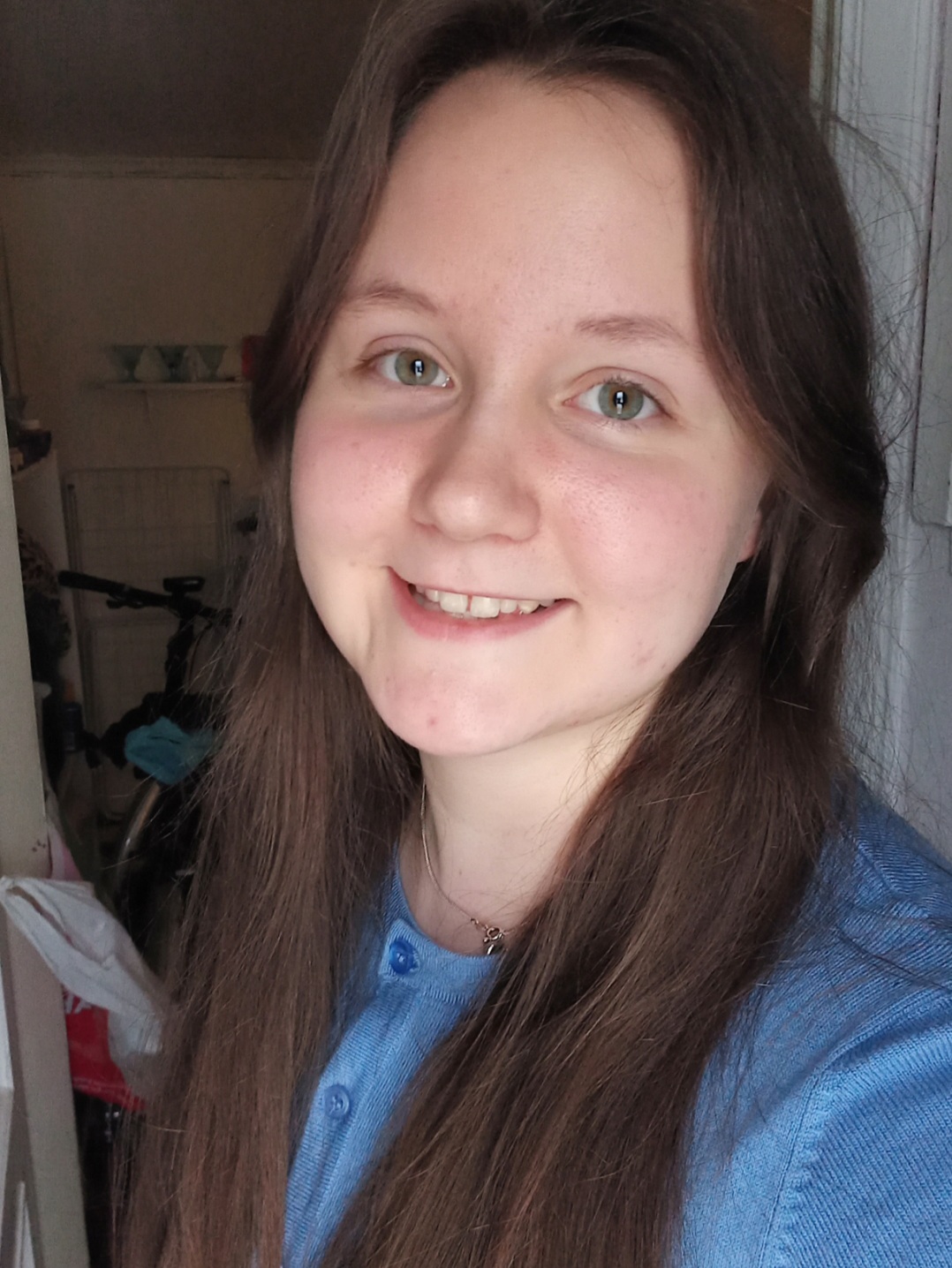This 2022 GAME project on light pollution, tests its effects on diurnal activity patterns of marine filter feeders, under the influence of cues form there natural predators, simultaneously and worldwide.
This years GAME Tam is: Sofia von Nandelstadh (Åbo Akademi University, Finland) and Carmen Mroz (University of Rostock, Germany).
 Carmen: “Hello everyone! My name is Carmen, I’m 29 years old, from Germany and currently getting a master’s degree in marine biology. After school I took some time off to explore several fields in internships, and marine biology was what set my heart aflame! First, I studied Biology at the university of Düsseldorf, took some time off to work a little bit, and now ended up in Rostock by the Baltic Sea. I learned of the GAME project during a presentation at my university and knew immediately that I would like to be a part of such a global project! In my free time I like being outside, going horseback riding or just sitting down for some gaming. 😉 ”
Carmen: “Hello everyone! My name is Carmen, I’m 29 years old, from Germany and currently getting a master’s degree in marine biology. After school I took some time off to explore several fields in internships, and marine biology was what set my heart aflame! First, I studied Biology at the university of Düsseldorf, took some time off to work a little bit, and now ended up in Rostock by the Baltic Sea. I learned of the GAME project during a presentation at my university and knew immediately that I would like to be a part of such a global project! In my free time I like being outside, going horseback riding or just sitting down for some gaming. 😉 ”
 Sofia: “The best thing about GAME is that you don’t have to do everything by yourself. There is always someone who can help. I’m quite sure that participating in GAME made my experience of working on my Masters Thesis a lot easier than if I had done everything alone. I had never conducted an experiment before, and I would have felt overwhelmed and nervous about planning an experiment independently. In GAME we worked as a group to plan the different parts of the experiment, sharing the workload and responsibility, which made the practical work much easier and more enjoyable. After the practical part was done, we met in Germany to analyze the results and prepared a presentation of the global results. We had a short course in statistics and got help with analyzing our own results. The presentations were the most challenging part for me, as presenting can be nerve-racking. However, we prepared the different parts of the presentation in small groups, and got feedback regularly during the work process. Knowing the presentation was approved before presenting was helpful. Having made a presentation with a clear line of thought will also make it easier to write the thesis in the end.”
Sofia: “The best thing about GAME is that you don’t have to do everything by yourself. There is always someone who can help. I’m quite sure that participating in GAME made my experience of working on my Masters Thesis a lot easier than if I had done everything alone. I had never conducted an experiment before, and I would have felt overwhelmed and nervous about planning an experiment independently. In GAME we worked as a group to plan the different parts of the experiment, sharing the workload and responsibility, which made the practical work much easier and more enjoyable. After the practical part was done, we met in Germany to analyze the results and prepared a presentation of the global results. We had a short course in statistics and got help with analyzing our own results. The presentations were the most challenging part for me, as presenting can be nerve-racking. However, we prepared the different parts of the presentation in small groups, and got feedback regularly during the work process. Knowing the presentation was approved before presenting was helpful. Having made a presentation with a clear line of thought will also make it easier to write the thesis in the end.”
The GAME 2022, in short: Life adapted to many drastic changes in the abiotic environment. These include fluctuations in oxygen and CO2 or the alternation of cold and warm periods. One thing that has not changed since the formation of the earth is the availability of sunlight. Daylength and light intensity vary naturally. Yet, since humans began to use electric light, many habitats, both on land and in coastal waters, have experienced major changes in the availability of light. Artificial Lighting at Night (ALAN) has therefore already been recognized as a global environmental threat affecting biological systems from cells to ecosystems. While plants use light primarily as a resource, animals use it as a source of information. Light controls daily and seasonal activity patterns and the migration behaviour of many species. Changes in its availability and spectral composition may not only influence the behaviour of individual species, but can also alter predator-prey relationships or influence the settlement behaviour of larvae. Such effects can cascade to higher organizational levels and, for example, change the composition of communities, what, in turn, can affect the structure and functioning of ecosystems. Thus, light pollution can ultimately have an impact on humans, who use coastal ecosystems intensively.

